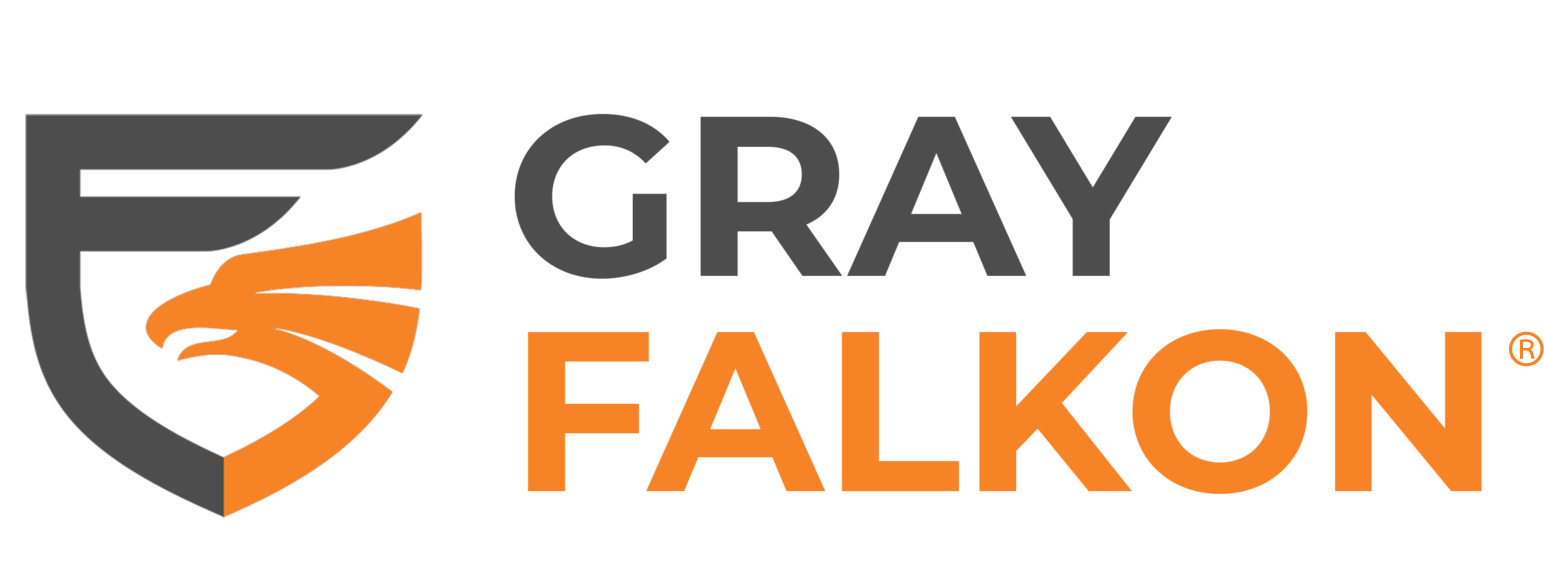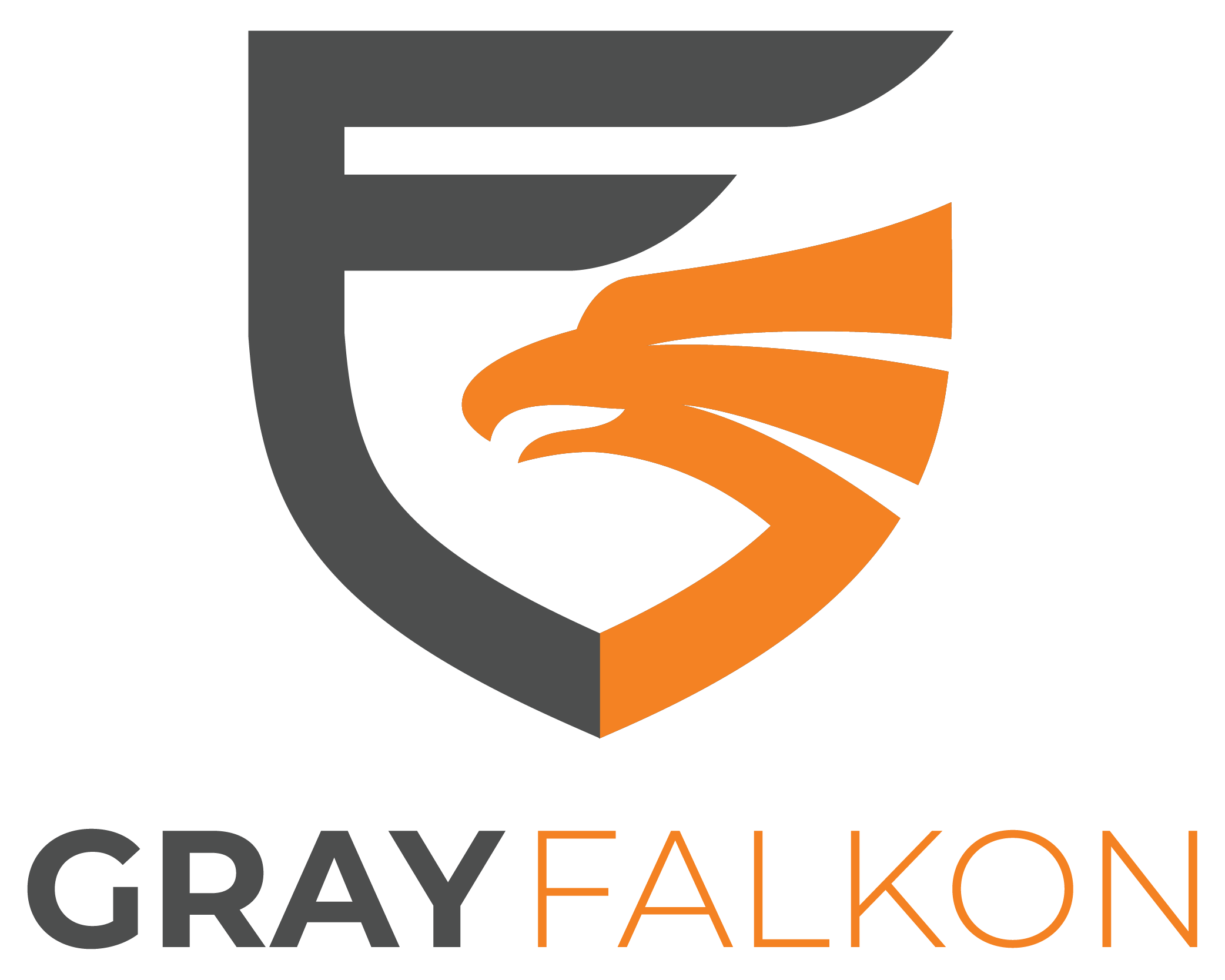
Retail arbitrage has become a notable strategy in the eCommerce world, allowing sellers to profit from price differences across various markets. This practice, while lucrative for many, poses significant challenges for authorized sellers and brands striving to maintain market integrity and pricing consistency. Let’s explore the concept of retail arbitrage, its mechanics, and its impact on authorized sellers, particularly on major platforms like Amazon and Walmart.
Understanding Retail Arbitrage
Retail arbitrage is a business model where individuals purchase products at lower prices from physical retail stores and resell them at higher prices on eCommerce platforms like Amazon and Walmart. This practice leverages the price discrepancies between different markets, allowing arbitrageurs to profit from the difference. Here’s a deeper look into how retail arbitrage works and how it differs from online arbitrage.
Definition and Explanation
Retail arbitrage involves buying products from brick-and-mortar stores, including big-box retailers, discount chains, and local shops, often during sales events or clearances. The arbitrageur then lists these products on online marketplaces at higher prices to make a profit. This method relies on the arbitrageur’s ability to identify profitable items, purchase them at low prices, and quickly list them before market conditions change.
How Retail Arbitrage Differs from Online Arbitrage
While both retail and online arbitrage involve buying low and selling high, they differ primarily in their sourcing methods:
Retail Arbitrage: Products are sourced from physical retail locations. This requires the arbitrageur to visit stores, which can be time-consuming but allows for immediate purchase and quick turnover.
Online Arbitrage: Products are sourced from online retailers. This method allows arbitrageurs to buy products from other eCommerce sites and resell them on platforms like Amazon and Walmart. It is often less time-consuming as it doesn’t require physical store visits but may involve longer wait times for shipping and receipt of goods.
Retail Arbitrage in Practice
Seasonal Items: Arbitrageurs often target seasonal items heavily discounted after the season ends. For example, purchasing holiday decorations in January at clearance prices and reselling them the following holiday season at a higher price can yield significant profits.
Limited-Time Deals: Taking advantage of limited-time deals and flash sales can provide a quick turnaround. For instance, buying electronics during Black Friday sales and listing them immediately can capitalize on heightened demand.
Exclusive Store Deals: Some retail stores offer exclusive deals that aren’t available online. Arbitrageurs who can access these deals and quickly list the products online often gain a competitive advantage.
Tools and Strategies Used by Retail Arbitrageurs
To maximize their profits, retail arbitrageurs employ various tools and strategies:
Price Tracking Tools: Software like Keepa and CamelCamelCamel helps arbitrageurs track price changes and historical pricing data on Amazon. This information is crucial for making informed purchasing and listing decisions.
Deal Websites and Apps: Platforms like Slickdeals and RetailMeNot alert arbitrageurs to sales and discounts across multiple retailers. These tools help identify profitable opportunities quickly.
Fulfillment Services: Many arbitrageurs use Fulfillment by Amazon (FBA) to streamline their operations. FBA handles storage, shipping, and customer service, allowing arbitrageurs to focus on sourcing and listing products.
By understanding the mechanics and strategies of retail arbitrage, brands can better anticipate the challenges it presents and develop effective strategies to mitigate its impact.
Impact of Retail Arbitrage on Authorized Sellers
Retail arbitrage can significantly disrupt the market for authorized sellers and brands. Here are some key impacts:
Price Undercutting and Market Disruption
One of the most immediate effects of retail arbitrage is price undercutting. Arbitrageurs often sell products at lower prices than authorized sellers, leading to price wars and eroding profit margins. This creates a race to the bottom, where authorized sellers struggle to maintain profitability while competing with arbitrageurs who can afford to sell at lower prices due to their sourcing strategies.
Brand Value Dilution
Inconsistent pricing can dilute the perceived value of a brand, affecting customer trust and loyalty. Customers might start associating the brand with a lower quality if they frequently see products being sold at steep discounts by arbitrageurs. This erosion of brand value can be challenging to recover from, as it impacts the long-term perception and reputation of the brand.
Customer Experience and Service Inconsistencies
Variability in customer service and product quality from arbitrageurs can result in negative customer experiences, harming the brand’s reputation and image. Since arbitrageurs might not provide the same level of service or product quality as authorized sellers, customers may end up dissatisfied, which reflects poorly on the brand. This inconsistency can lead to increased return rates, negative reviews, and a loss of repeat business.
Monitoring and Identifying Unauthorized Sellers
Tracking unauthorized sellers and identifying pricing violations across multiple platforms can be resource-intensive. Brands need sophisticated tools to monitor prices and enforce compliance with their pricing policies effectively. The sheer volume of listings on platforms like Amazon and Walmart makes it difficult to keep up with every unauthorized seller who might be undercutting prices or misrepresenting products.
Enforcing MAP Policies and Pricing Consistency
Minimum Advertised Price (MAP) policies are crucial for maintaining pricing consistency and protecting brand value. However, ensuring adherence to these policies becomes difficult with unauthorized sellers in the mix. These sellers often ignore MAP policies to offer lower prices, undermining the brand’s efforts to maintain consistent pricing. Enforcing these policies requires continuous monitoring and proactive measures to identify and address violations.
Retail Arbitrage vs. Online Arbitrage
While retail arbitrage is generally less potent and damaging than online arbitrage, it still presents significant challenges for brands. Retail arbitrage typically involves smaller volumes and a more localized impact, but the issues of price undercutting, brand value dilution, and customer experience inconsistencies remain. In contrast, online arbitrage can scale more quickly and have a broader impact due to the ease of sourcing products online and the global reach of eCommerce platforms.
Legal and Policy Enforcement Complexities
Navigating the complexities of legal enforcement and ensuring compliance with pricing policies is challenging. Brands must invest in legal resources to address violations and take action against unauthorized sellers. This includes sending cease-and-desist letters, filing complaints with eCommerce platforms, and potentially taking legal action against repeat offenders. The process can be time-consuming and costly, diverting resources from other important brand management activities.
Gray Falkon’s Role in Mitigating the Impact
We offer a comprehensive solution to help brands protect their market presence, maintain pricing integrity, and ensure consistent customer experiences. Here’s how Gray Falkon’s advanced technology and dedicated support can assist authorized sellers in mitigating the impact of retail arbitrage:
Comprehensive Monitoring Solutions
Gray Falkon’s AI-powered solution extends monitoring beyond Amazon to include platforms like Walmart, eBay, and more. This provides a holistic view of the brand’s online presence, ensuring that enforcement is not just reactive but also strategic. By continuously tracking product listings, prices, and seller activities across multiple marketplaces, Gray Falkon helps brands identify unauthorized sellers and pricing violations quickly.
Real-Time Monitoring: Our Full Deployment solution continuously scans eCommerce platforms for any instances of unauthorized listings, price discrepancies, and policy violations. This real-time monitoring minimizes the negative impact on pricing strategies and brand reputation.
Advanced Detection: Our AI is designed to detect even the most subtle forms of unauthorized selling and pricing violations. This includes identifying counterfeit products, gray market goods, and listings that fail to comply with Minimum Advertised Price (MAP) policies.
Effective Marketplace Violation Filing
With the integration of machine learning and AI, Gray Falkon’s solution automates the detection of unauthorized listings and initiates the removal process by creating the necessary arguments and workflows to get marketplaces to take action. As marketplaces evolve, our AI learns and adapts new strategies to improve its effectiveness.
Automated Workflows: Our solution streamlines the process of addressing violations. When a violation is detected, our AI can automatically initiate enforcement actions, such as filing complaints with eCommerce platforms. This automation reduces the manual effort required to monitor and enforce.
Proactive Threat Mitigation: Gray Falkon’s predictive analytics capabilities help brands anticipate and address potential threats before they escalate. By analyzing patterns and trends, we can predict areas of vulnerability and recommend proactive measures to strengthen brand protection.
Dedicated Brand Success Strategist
Unique to Gray Falkon’s Full Deployment plan, brands benefit from a dedicated Brand Success Strategist who works closely with them to ensure their protection strategies and technologies are effectively aligned with their specific needs. This personalized approach ensures that the AI technology is not just a tool, but a part of a coordinated strategy designed to maximize protection and adapt to new challenges as they arise.
Analytics and Reporting
Gray Falkon offers brands deep insights into the patterns and tactics of unauthorized sellers. These analytics help brands understand not just where marketplace violations occur and where their IP is being infringed, but also the effectiveness of the enforcement actions taken. This data-driven approach allows for better strategic decisions in real-time, ensuring that your brand’s enforcement efforts are both effective and efficient.
By leveraging Gray Falkon’s advanced technology and dedicated support, brands can ensure a robust defense against unauthorized sellers, maintaining their integrity and market presence on Amazon, Walmart, eBay, and other eCommerce marketplaces. This comprehensive protection enables brands to focus on competitive pricing strategies, knowing that their brand value and pricing policies are safeguarded against disruptions.
Protect Your Brand From Unauthorized Sellers
Retail arbitrage presents significant challenges for authorized sellers and brands, from price undercutting to brand value dilution. Implementing effective strategies and leveraging advanced solutions like our Full Deployment plan can help brands navigate these challenges and maintain a competitive edge in the eCommerce landscape.
Schedule a demo today and discover how Gray Falkon can protect you from unauthorized sellers.



